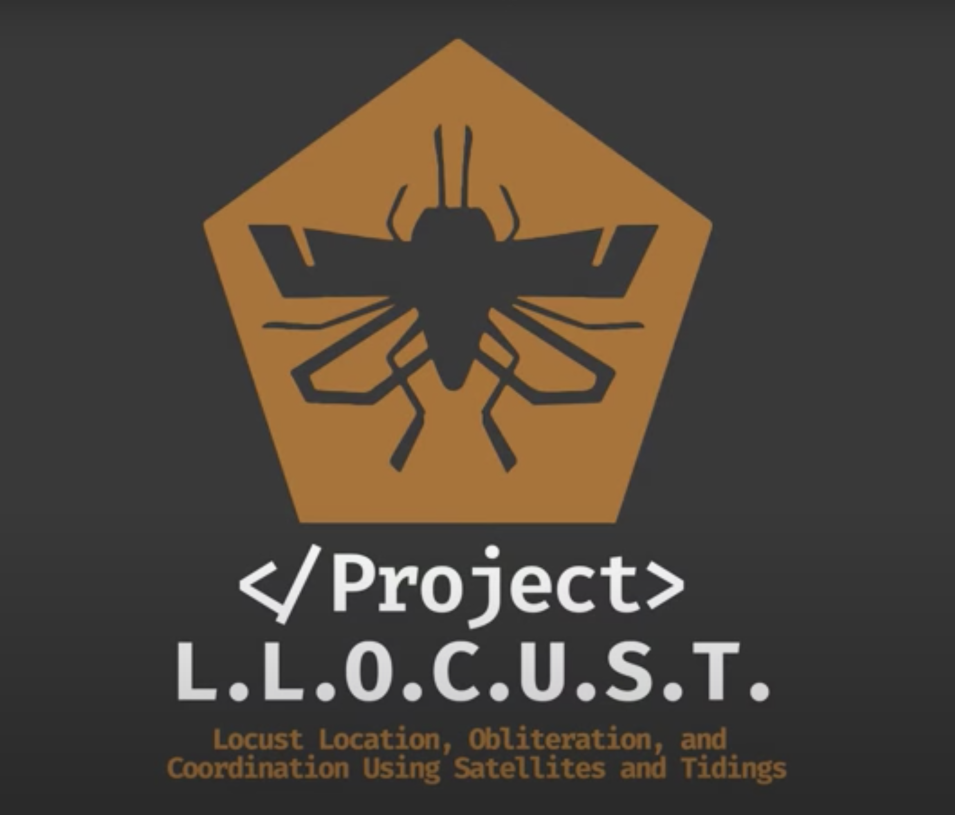The goal of the Space Apps Challenge is for teams to create open source solutions to address challenges around a specific theme over an intense 48-hour sprint. From October 2 to 4, more than 3,800 teams created solutions around the theme Take Action. The global pandemic presented challenges to conducting the 2020 International Space Apps Challenge, but the more than 26,000 registered participants were up to the task.
From local event venues including Florianapolis, Brazil; Kathmandu, Nepal; Almaty, Kazakhstan; and Huntsville, Alabama, virtual teams created solutions to 23 challenges addressing life on Earth and in space. Participants who were not near a local venue could participate in the Universal Event.
Challenges were grouped into six categories: Observe, Inform, Sustain, Create, Confront, Connect. A seventh category, Invent Your Own Challenge, allowed participants the freedom to develop their own unique solution outside of the formal categories, but was not eligible for global judging.
Global Winners receive an invitation to present their projects to NASA, ESA, JAXA, CNES, and CSA personnel. If travel is deemed safe, the winners also will be invited to visit a NASA site with the Space Apps Global Organizing Team to view a spacecraft launch.
In addition, the project Zonda Incorporated from Mendoza, Argentina, was invited by ESA to up-scale their project ideas using the Euro Data Cube environment. This separate award provides access to NASA, ESA/Copernicus, JAXA, CNES, and CSA data in the Euro Data Cube with a one-year Euro Data Cube Enterprise license provided by ESA along with free processing resources.
The goals of the 2020 NASA International Space Apps Challenge were to:
- Inspire collaboration, creativity, and critical thinking;
- Foster interest in Earth and space science and exploration;
- Raise awareness of NASA, ESA, JAXA, CNES, and CSA data; and
- Encourage the growth and diversity of the next generation of scientists, technologists, designers, engineers, and artists.
Space Apps is a NASA-led initiative organized in collaboration with Booz Allen Hamilton, Mindgrub, SecondMuse, and NASA's Open Innovation Applied Sciences Program.
Mark your calendars – the 2021 NASA International Space Apps Challenge is scheduled for October 2 to 3. Details will be available later this year on NASA's Space Apps Challenge website or you can sign up to receive updates and notifications.
